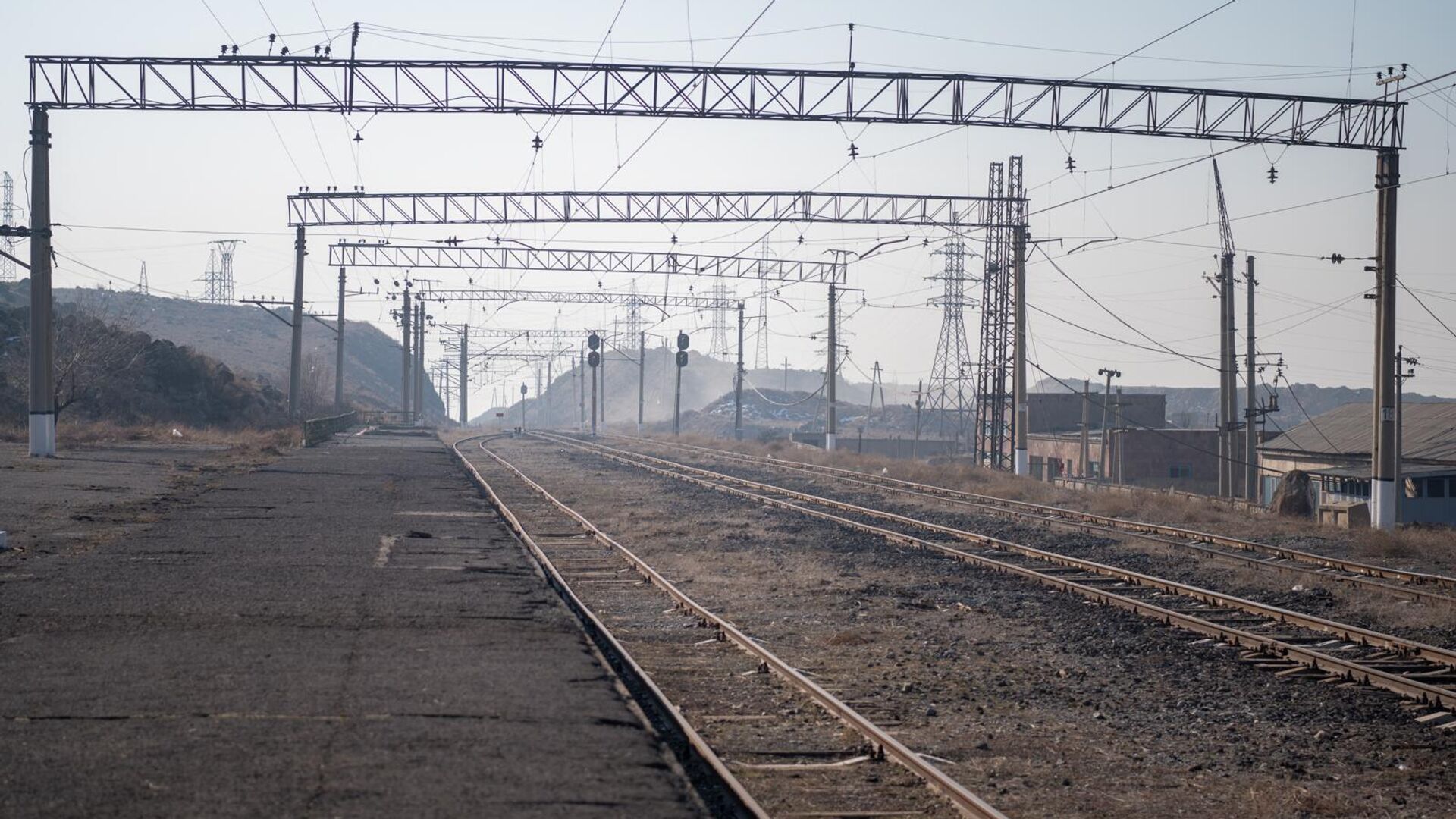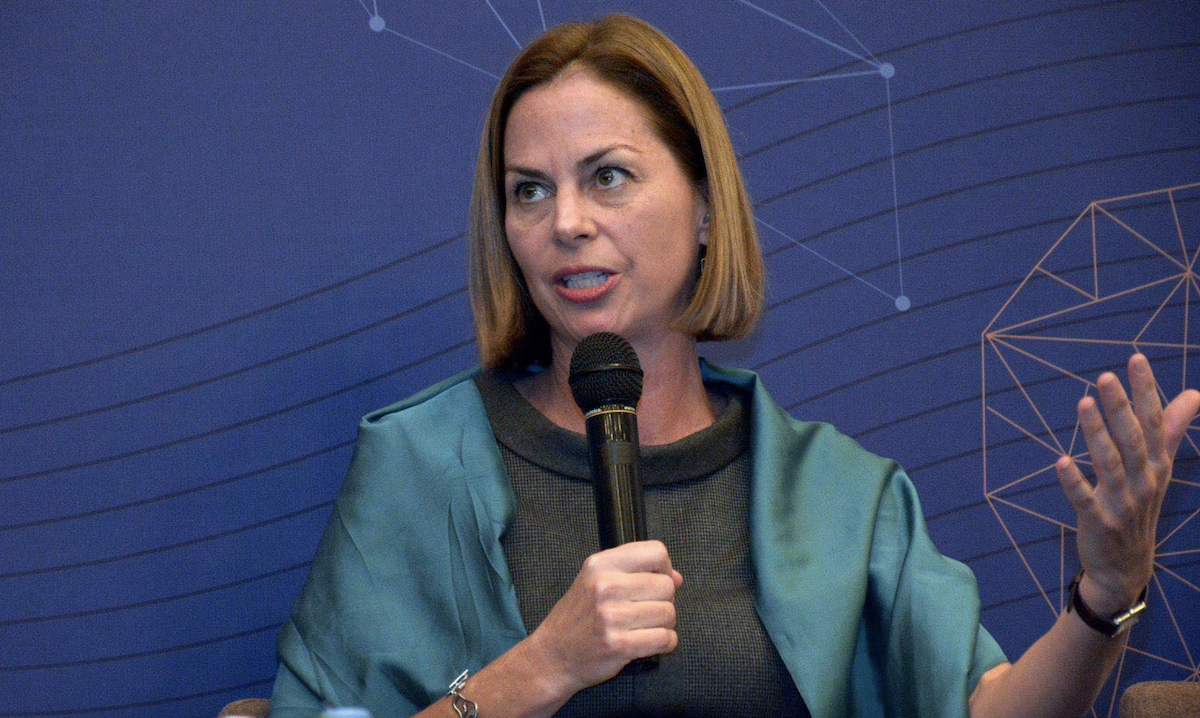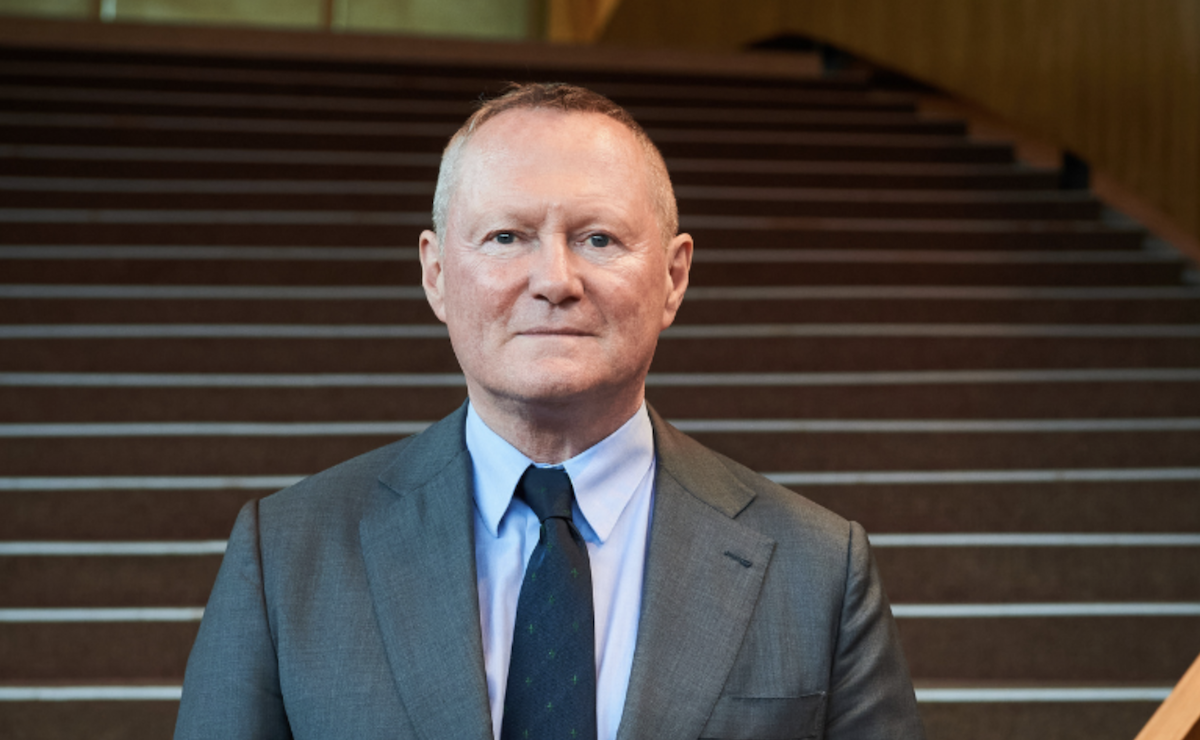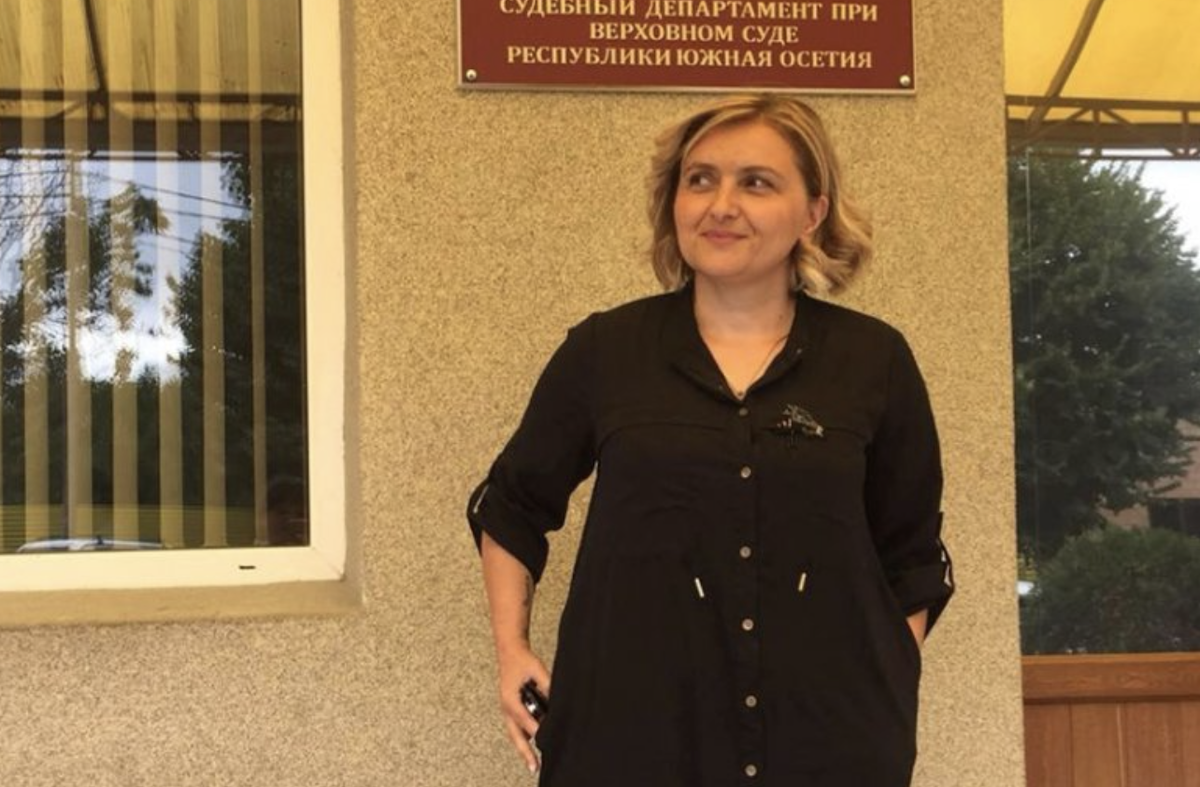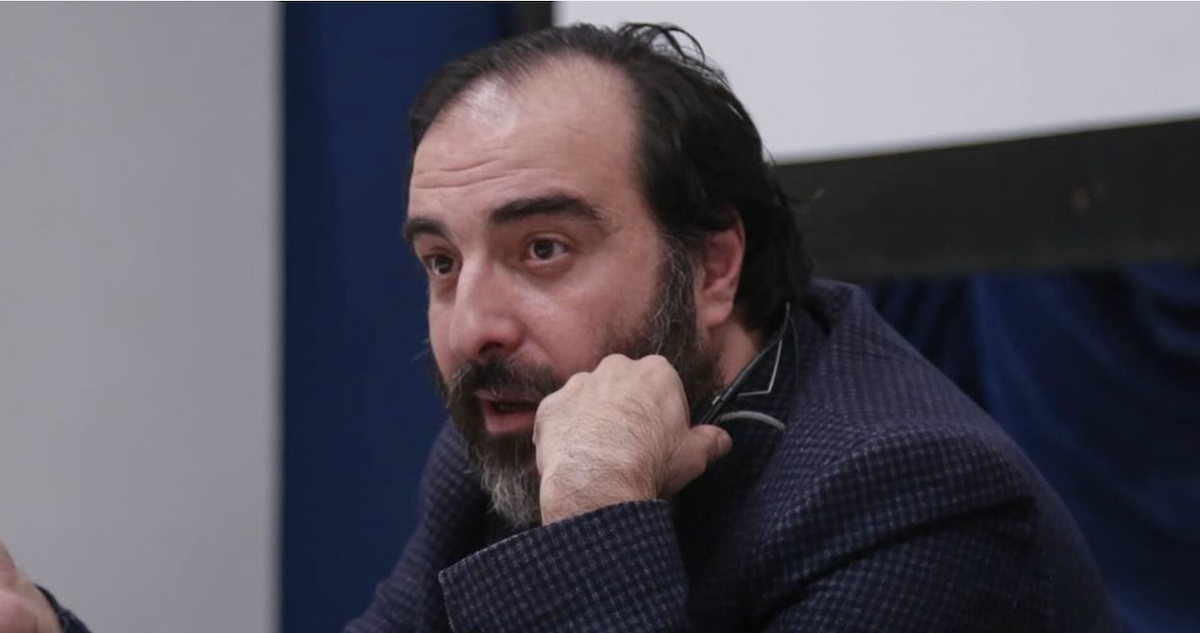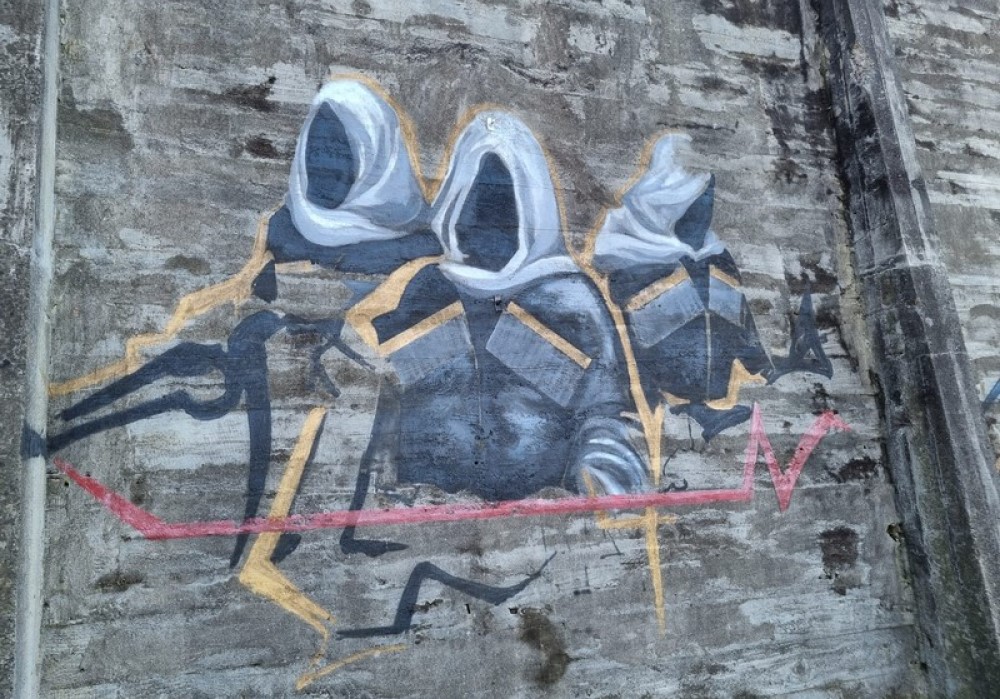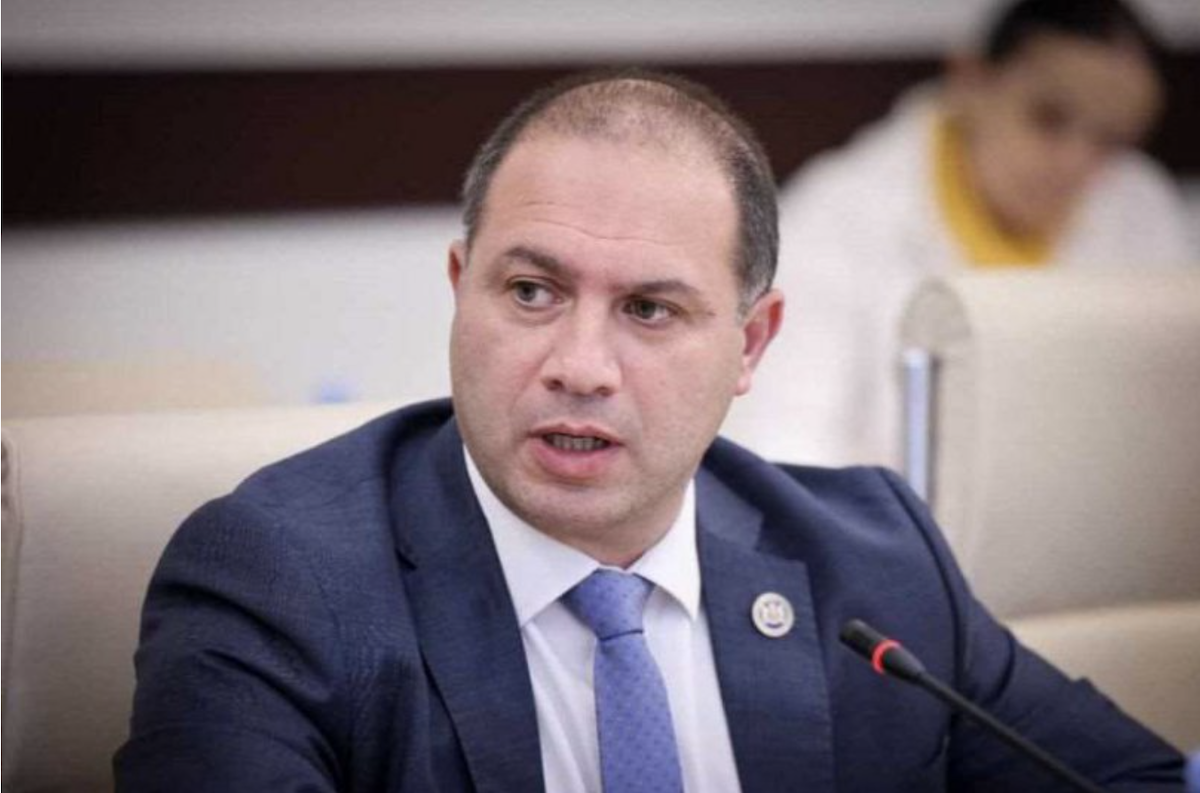President speaks out in privy
First, a few TV companies announced in their news programs that the President had spoken out about the constitutional changes, the referendum on which is scheduled in the country on December 6. It was late on December 2. The next day, the TV channels continued to keep silent until an official statement – a video record of the President’s interview with reporters and the transcript of his speech appeared on the official web-site president.am.
It was immediately followed by the online editions’ comments on this issue. Media Initiatives Center’s web-site media.am was the first, that wrote about this situation: ‘There are suspicions that there is a censorship problem, even if all the participants were representatives of ‘reliable’ media. Then more far-reaching suspicions have been raised: wouldn’t they show us slightly different video footages, edited in one and the same place. ‘
Another online media – «Civilnet» wondered: ‘Have you ever seen any country, where 12 reporters from 8 TV channels participated in the news conference, shot by the cameras of a single TV channel? Then why do the rest of them occupy so many frequencies? ‘
As for the news conference itself, President Sargsyan expressed his opinion regarding the need for conducting referendum on constitutional changes, explaining why, in his view, the country needs them and why he had initiated that process:
‘I see danger in some regulations of the current Constitution and consider that it is my obligation to voice this fact. I cannot just wait calmly and say: I see this danger, but as some people say this is not a proper tome for that and there is no demand on part of the public, then I will keep silent.’
The first and the major danger, in Sargsyan’s opinion, is the disparity of rights and responsibilities of the President in a semi-presidential form of ruling, embodied in the current Constitution. The matter concerns the powers of the head of state, responsible for the independence, territorial integrity and security of the country, while he enjoys a right to ‘coordinate’ the state agencies’ activities in defense sphere, rather than to ‘administer’ them.
The second danger, according to the President, is that under the current Constitution, the head of state shall not be responsible for the economic situation either.
The third danger lies ‘in internal and external independence of the judiciary.’ Serzh Sargsyan addressed the news conference participants: ‘I think that none of you will deny the fact that there is a widespread opinion among the public, that all judicial decisions pass through Baghramyan 26 (address of the President’s residence – JAMnews) before being announced in court.’ Now, it is the President, who appoints the judges. And ‘according to the majority of experts, this issue is resolved in the draft constitutional amendments,’ – Sargsyan assured.
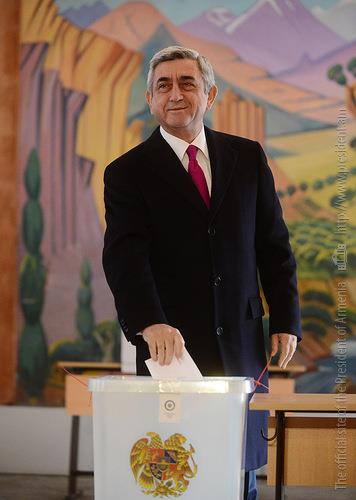
The President’s following statement stirred particular interest: ‘I am honestly saying, that if there had been an absolute presidential form of ruling, I might not have gone into these reforms, because the parliamentary system has its advantages and the presidential one has its own. And, for example, in a war situation, the presidential system is quite acceptable, there is no danger in it, but one cannot say that in wartime the parliamentary system is inviable. It’s the semi-presidential system that is not viable. ‘
Regrettably, none of those reporters, present at the news conference, asked why then the President had chosen the parliamentary system, rather than a path towards 100-percent presidential rule. And perhaps someone asked, but we have neither seen nor read it.










